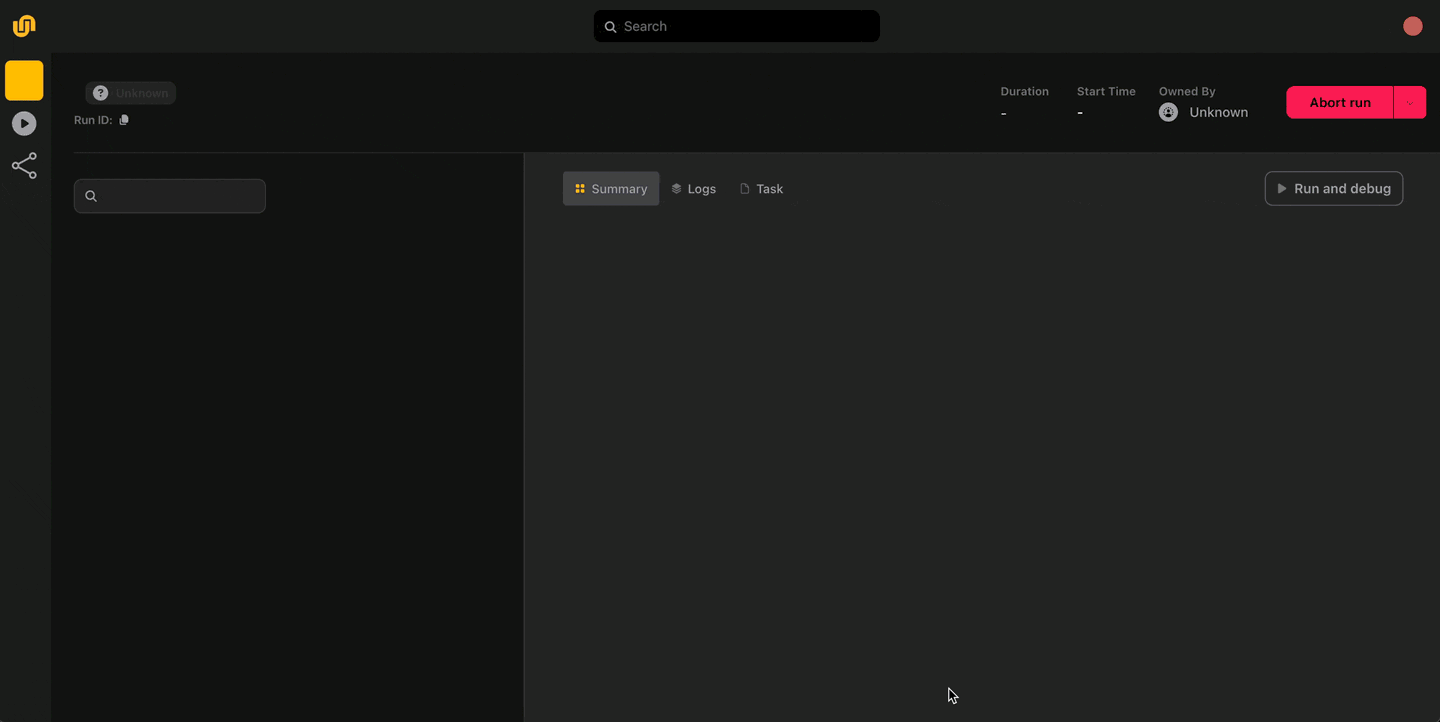Dynamic, crash-proof AI orchestration
Orchestrate durable, flexible, k8s-native workflows. Trusted by 3,000+ teams to create and deploy pipelines at scale.
Announcing Flyte 2.0
For building reliable AI/ML pipelines and agents with OSS.
Flyte 1 is available today
Get Flyte 1For building scalable, mission-critical AI systems and agents in your cloud.
Are you part of a startup?
Ask us about startup pricing.


Scale compute on-demand
Scale tasks dynamically with native Kubernetes-based execution. No idle costs. No wasted cycles. Just efficient, elastic execution.
Crash-proof reliability
Automatic retries, checkpointing, and failure recovery ensure your workflows stay resilient. Stop babysitting pipelines. Flyte handles failures so you don’t have to.



Write locally, execute remotely
Debug and iterate locally with instant feedback, then deploy the exact same code to production.
Create extremely flexible data and ML workflows
End-to-end data lineage
Track the health of your data and ML workflows at every stage of execution. Analyze data passages to identify the source of errors with ease.
Collaborate with reusable components
Reuse tasks and workflows present in any project and domain using the reference_task and reference_launch_plan decorators. Share your work across teams to test it out in separate environments.
Integrate at the platform level
Your orchestration platform should integrate smoothly with the tools and services your teams use. Flyte offers both platform- and SDK-level integrations, making it easy to incorporate into your data/ML workflows as a plug-and-play service.
Allocate resources dynamically
Resource allocation shouldn’t require complex infrastructure changes or decisions at compile time. Flyte lets you fine-tune resources from within your code — at runtime or with real-time resource calculations — without having to tinker with the underlying infrastructure.




One platform for your workflow orchestration needs
Manage the lifecycle of your workflows on a centralized platform with ease and at scale without fragmentation of tooling across your data, ML & analytics stacks.
Minimal maintenance overhead
Set up once and revisit only if you need to make Flyte more extensible.
Robust and scalable like never before
Deploy your data and ML workflows with confidence. Focus on what matters most — the business logic of your workflows.
Vibrant community
Receive timely responses to your questions on Slack, with an average response time of 6–8 hours or less.





















































